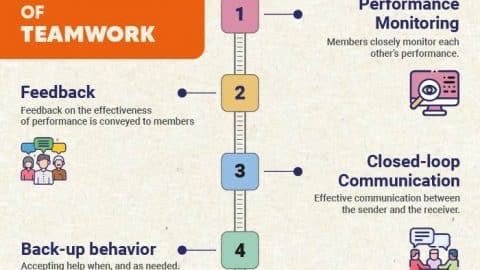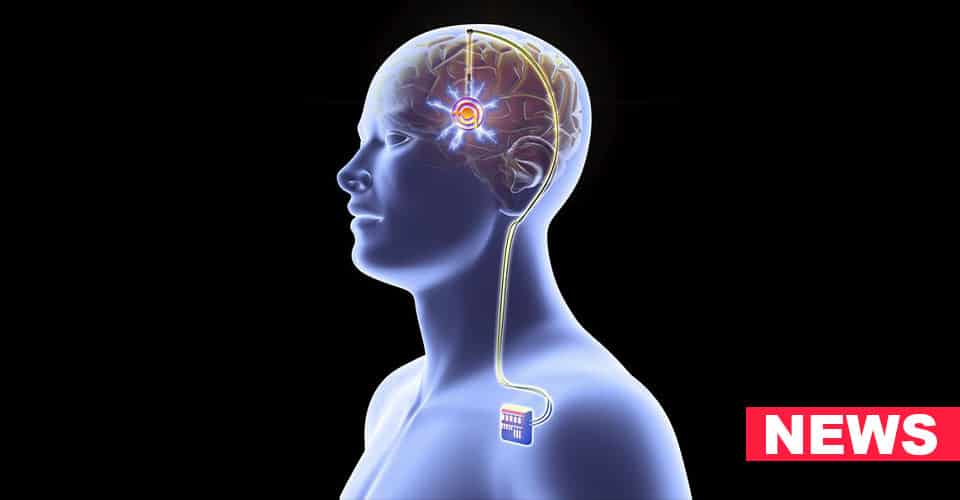In a groundbreaking study conducted at Brigham Young University (BYU), researchers are exploring the potential of using drugs for post-traumatic stress disorder (PTSD) prevention.
Led by neuroscience professor Jeff Edwards, the study focused on administering drugs to rodents before subjecting them to traumatic situations, with promising results that suggest the prevention of cellular-level brain changes associated with PTSD.
A Paradigm Shift: Pretreating PTSD Risk Groups
Traditionally, drugs for PTSD have been administered reactively, with individuals taking a pill after a traumatic experience to mitigate the formation of strong, distressing memories.
Edwards and his team are challenging this approach by investigating the possibility of preventing the formation of traumatic memories before they occur.
The targeted groups for this preventative treatment include first responders and military personnel known to face high-stress situations.
Rodent Study: Testing Propranolol and Mifepristone
To assess the effectiveness of pretreatment, the researchers injected rats with propranolol and mifepristone—drugs commonly used retroactively to treat PTSD.
The rodents were then exposed to a stress-inducing environment, involving constant light exposure for two weeks and occasional introduction of a dominant rat to induce fear.
After a week, the researchers studied the rats’ emotions and memory by examining the amygdala and hippocampus, key regions associated with memory and emotional processing.
Findings: Drugs Normalize Memory Formation
The study revealed that rats exposed to stress without pretreatment experienced a significant 30-40% increase in long-term potentiation—a persistent strengthening of synapses related to recent patterns of brain activity.
In contrast, the rats pretreated with drugs exhibited long-term potentiation levels similar to a control group that did not experience stress.
According to Edwards, the drugs effectively brought the brain back to normal levels, preventing maladaptive memories and reducing the strength of recall associated with traumatic experiences.
This breakthrough opens the door to a preventative approach in memory formation, potentially eliminating some of the damaging effects of PTSD.
Stress Receptors: A Key Discovery
In addition to normalizing long-term potentiation, the pretreated rats also displayed normal functioning of stress receptors after undergoing trauma.
In contrast, the rats that did not receive pretreatment showed an 80% decrease in the functionality of stress receptors following exposure to stress.
This finding suggests that the drug-based pretreatment not only influences memory formation but also helps maintain the normal functioning of stress response mechanisms in the brain.
From Lab to Reality: Next Steps and Human Trials
While the preliminary results are promising, further testing on rodents is essential before advancing to human trials.
The researchers acknowledge the need for thorough validation and exploration of potential side effects before translating their findings into practical applications for PTSD prevention in high-risk individuals.
Student Perspective: “An Ounce of Prevention is Worth a Pound of Cure”
Eric Winzenried, who worked on the project as an undergraduate at BYU, emphasized the importance of preventative treatment strategies.
Drawing on the adage, “An ounce of prevention is worth a pound of cure,” Winzenried highlighted the potential efficacy of early intervention in mitigating the long-term impact of traumatic experiences.
While recognizing the preliminary nature of their work in rodents, he expressed optimism that their findings could contribute to more effective treatments for the prevention of PTSD in high-risk populations.
Conclusion: A Step Closer to PTSD Prevention
BYU’s groundbreaking research represents a significant step forward in the quest for preventative measures against PTSD.
By challenging the traditional reactive approach, the study offers hope for a future where individuals at high risk for trauma, such as first responders and military personnel, can receive preemptive treatment to safeguard their mental well-being.
As the research advances, it holds the promise of revolutionizing the way society addresses the mental health challenges associated with exposure to traumatic experiences.



























